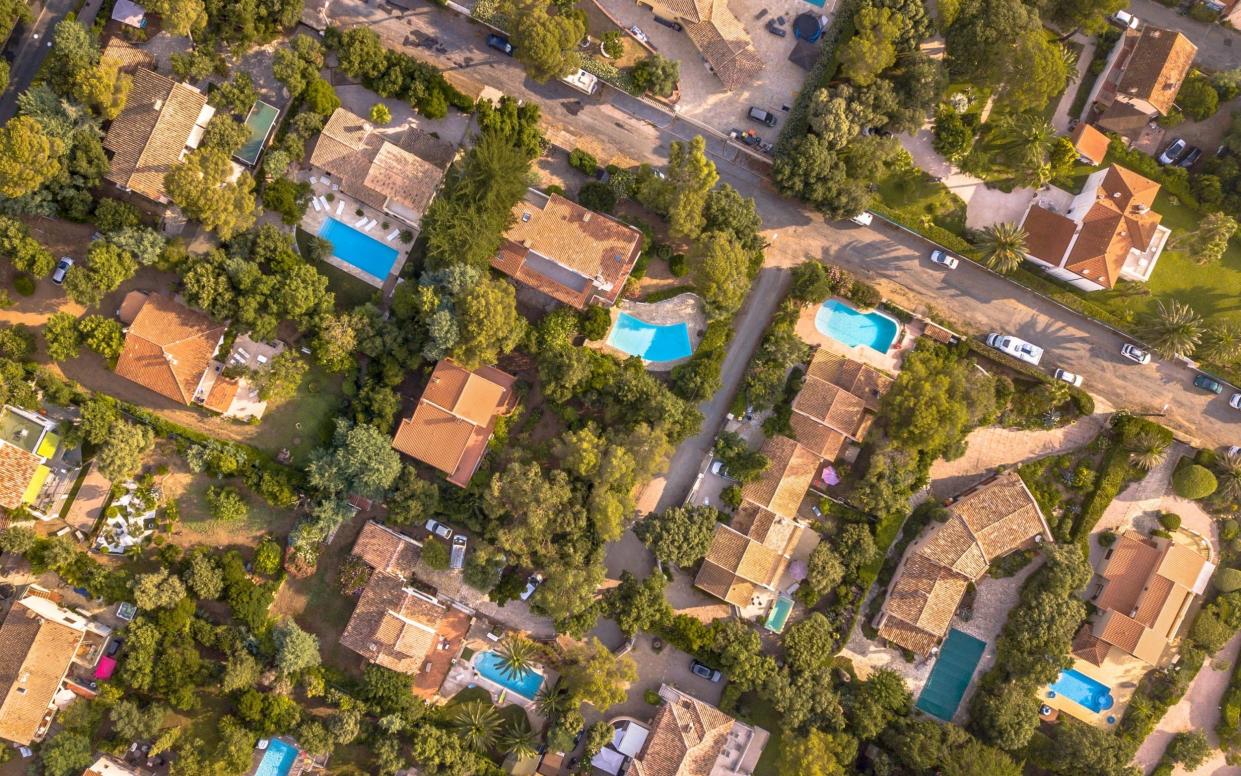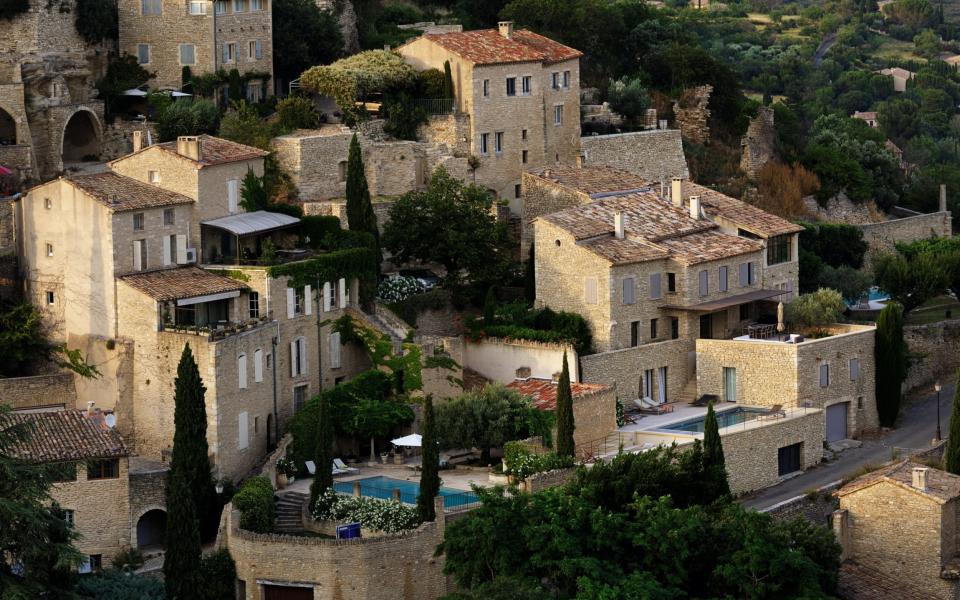French pool-owners beware: Government allies with Google to spot undeclared pools via satellite

Owners of swimming pools in France beware, the artificially intelligent taxman cometh.
When tax collectors in Greece started comparing incomes with swimming pool ownership, many wealthy Greeks came up with a cunning plan: hide the pools with camouflage nets.
It remains to be seen whether such tactics could catch on in France, where fiscal authorities this month are launching an unprecedented campaign to root out people who have failed to declare the existence of their pools - along with garages or other extensions - via an experimental partnership with Google.
With 2.5 million swimming pools in individual homes, France has more piscines per capita than anywhere in the world bar America.
France already uses helicopters to detect undeclared swimming pools or owners who fill theirs during a period of drought. But this month, it is taking the hunt to another level thanks to AI.
Under the codename Innovative Real Estate, tax inspectors are using Google algorithms to automatically crosscheck aerial photos of swimming pools or house extensions with tax and property declarations in order to work out who has failed to come clean.
Pools are seen as extra real estate unless they are moveable or - in most cases - under 10 square metres in size. They must be declared to the local town hall before construction, leading to a one-off tax.
They must also be declared to the tax office within 90 days, leading to higher local property tax bills due to the increase in a home’s rental worth. Pools are exonerated from land tax for the first two years.
The AI drive will initially target nine départements, or counties, in southern and western France.
Pool cheats will initially receive a written warning to revise their declaration or face a tax inspection or fines. Under French law, an illegally built pool can lead to fines of €6,000 per square metre.

The new detection campaign relies on satellite images taken by France’s National Institute of Geographic and Forest Information, IGN, which are freely accessible on its national database. These will be scanned and compared with land registries.
The campaign follows a similar experiment in the southern Alpes-Maritimes département with Accenture group that detected 3,000 undeclared swimming pools in a matter of weeks.
If successful, it will be rolled out nationwide next year.
Tax authorities also reportedly hope soon to employ drones to root out undeclared pools and undeclared assets.
While this is currently illegal, a law passed last year does authorise French tax inspectors to use AI to cross declarations with contributors’ public social media posts on Facebook, Instagram, Twitter or YouTube via images and keywords to check whether their lifestyle fits their official earnings.
There have been suggestions these crosschecks could be used to work out whether British or other non-EU homeowners are respecting residency rules by staying no more than 90 out of 180 days in France.
However, the automated inspection has invoked the wrath of unions among tax inspectors with the hardline CGT warning it risked “dehumanising” their profession, could lead to staff cuts and errors in calculating local and housing taxes. One told investigative weekly Le Canard Enchaîné the AI results “looked like a drawing by a four-year-old”.
They also underlined the irony of asking Google, a company that paid France €465m over tax irregularity claims in 2019, such a key role in locating offenders. The finance ministry insisted that Google would only have access to IGN images already in the public domain.

